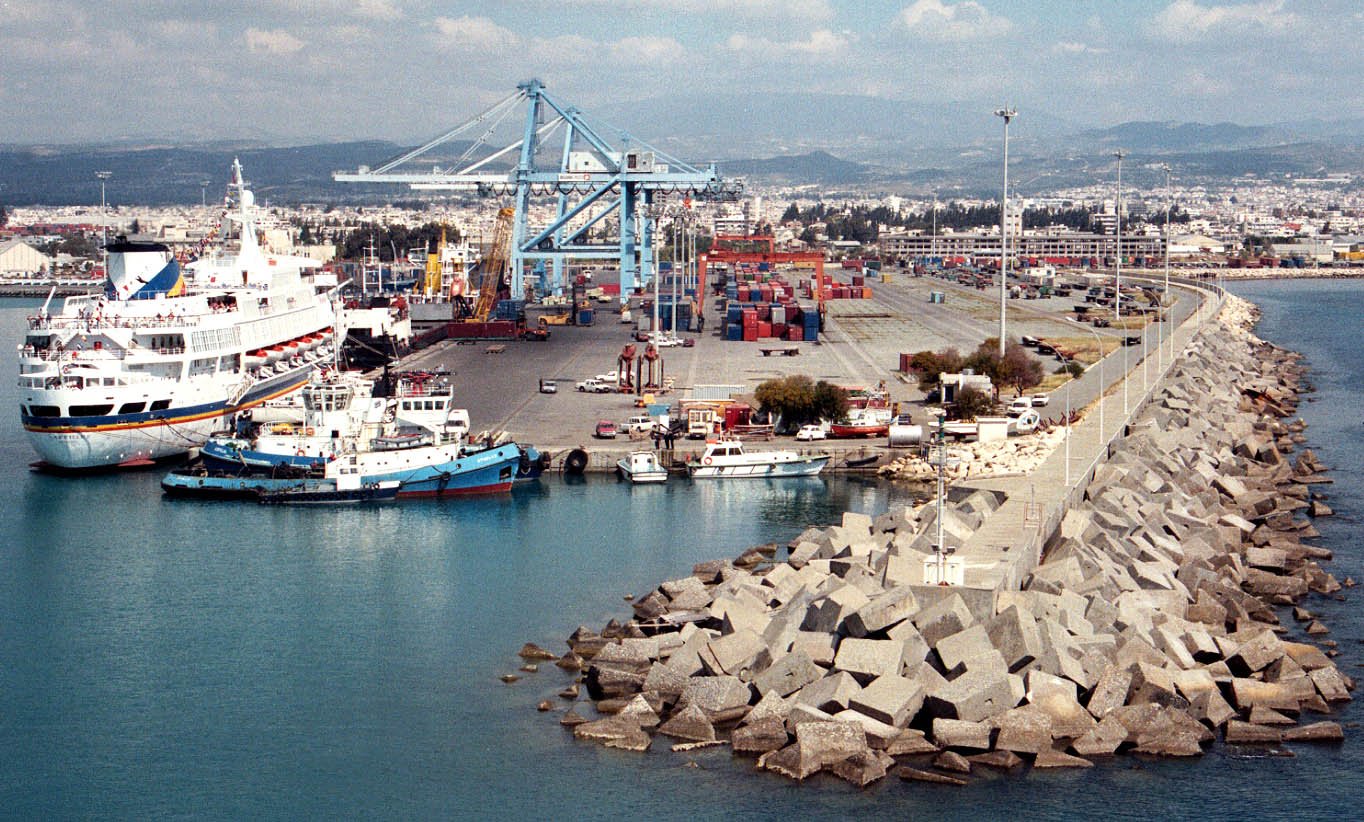Τhe planned 16 per cent increase in charges by the companies running Limassol port has caused uproar among political parties and business associations, all of whom fear that such a steep increase would fuel inflation. “We do not play with inflation,” said a deputy when the matter was being discussed at the House on Tuesday and all deputies expressed their indignation, blaming privatisation, the concession contract signed by the government and legal technicalities.
There is little doubt, such a high increase will have a knock-on effect on prices as importers of goods are certain to pass on the increased costs to the consumer. It will also impact Cyprus exports, which will become less competitive. But the companies operating the ports are also faced with the higher electricity and fuel prices that affect everyone, not to mention rising labour costs. The hike, although high, was within the companies’ contractual right to re-adjust charges, based on an index included in agreement, said the permanent secretary of the transport ministry.
Companies had done nothing they were not entitled to do under the terms of their contract with the state, something acknowledged by representatives of businesses, even though they would have liked increases in charges not to be so high. Pleas have been made by the government and the business sector to keep the charges at a reasonable level, but it remains to be seen whether the companies in charge of the port will oblige.
On Wednesday, the Disy leader Averof Neophytou proposed that the state gave up the share of the charge rise that it was entitled to from the operation of Limassol port, so that the charge rise would be smaller and thus protect the economy from inflationary pressures. It was a reminder of the fact that a large part, more than 50 per cent of the port’s revenue goes to the state, which has collected some €50 million each year since it was privatised in 2017. It was almost three times the revenue the state collected in the previous five years, when it had the ownership.
Neophytou’s proposal was being looked at by the transport minister, even though the audit office said on Thursday that for such a measure the approval of the European Commission was needed as it could be considered as a form of state assistance. How long it will take the Commission to issue its decision nobody knows, but it is economically unorthodox, in a market economy, for the state to step in when there is upward pressure on prices to keep them in check.
It had done the same in the case of electricity prices – the EAC took a hit and the state reduced VAT by nine per cent for three months to limit the effect on the economy. But neither measure can last indefinitely and the same applies to the port charges. These are stop-gap measures aimed at appeasing public opinion, but they will certainly not bring inflation under control.







Click here to change your cookie preferences